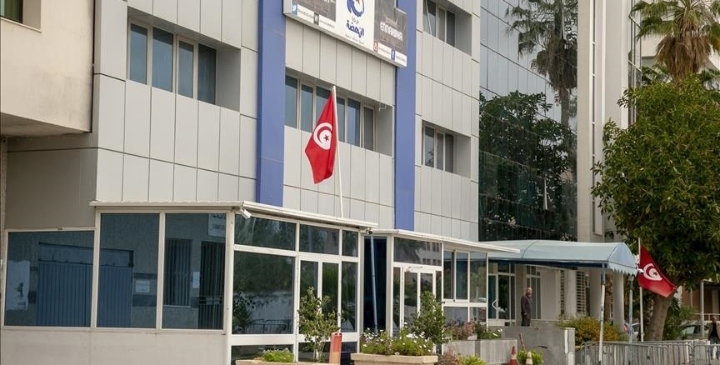A Tunisian court sentenced opposition figures to up to 66 years for conspiring against state security. The opposition calls the charges fabricated, accusing President Kais Saied of authoritarianism. Saied, who seized power in 2021, faces criticism for suppressing dissent and using politically motivated prosecutions.
Tunisian Court Jails Opposition Leaders for Up to 66 Years Over Alleged Conspiracy


A court in Tunisia sentenced opposition figures, businessmen, and lawyers to prison terms ranging from 13 to 66 years after they were convicted of conspiring against state security, according to state media reports on Saturday.
The opposition has argued that the charges were fabricated, describing the trial as a symbol of President Kais Saied’s authoritarian regime.
State news agency TAP first reported the sentences, which ranged from 13 to 66 years, citing a judicial spokesperson who confirmed that the sentences were being enforced immediately.
A total of 40 individuals were prosecuted in connection with the case, though more than half of them fled the country after being charged.
Tunisian media outlets indicated that the defendants were found guilty of "conspiracy against state security and belonging to a terrorist group."
Authorities claim that the defendants attempted to destabilize the country and overthrow Saied’s government.
Among those sentenced were outspoken critics of the president, including Nejib Chebbi, the leader of the main opposition coalition, the National Salvation Front. Chebbi told reporters before the sentencing that the trial was a clear attempt by Tunisian authorities to "criminalize the opposition."
Other individuals sentenced included Chebbi’s brother, Issam Chebbi, leader of the centrist Republican Party, Ghazi Chaouachi, head of the center-left Democratic Current party, and Abdelhamid Jelassi from the Islamic democratic movement Ennahda.
Kamel Guizan, a former head of intelligence, was also among the defendants.
Just before the sentencing hearing, defense lawyer Ahmed Souab described the trial as a "farce."
The trial began in March but was delayed twice, and journalists and civil society groups were barred from attending.
Tunisia, which emerged as the only democracy from the Arab Spring, elected Saied on a populist anti-corruption platform in 2019. However, two years later, Saied orchestrated a sweeping power grab, dissolving the parliament and ruling by decree.
Since then, Saied has dismissed members of the judiciary and arrested many of his political rivals.
In October, Saied was reelected in a first-round vote, which observers widely criticized as a sham, particularly given the record-low voter turnout.
Human rights organizations have consistently raised alarms about Saied’s rule. A recent report by Human Rights Watch highlighted Tunisia’s increased use of arbitrary detention and politically motivated prosecutions to intimidate, punish, and silence its critics.
Saied, however, rejects accusations that he is a dictator and claims he is working to fight chaos and corruption within the political elite.

 বাংলা
বাংলা  Spanish
Spanish  Arabic
Arabic  French
French  Chinese
Chinese 
